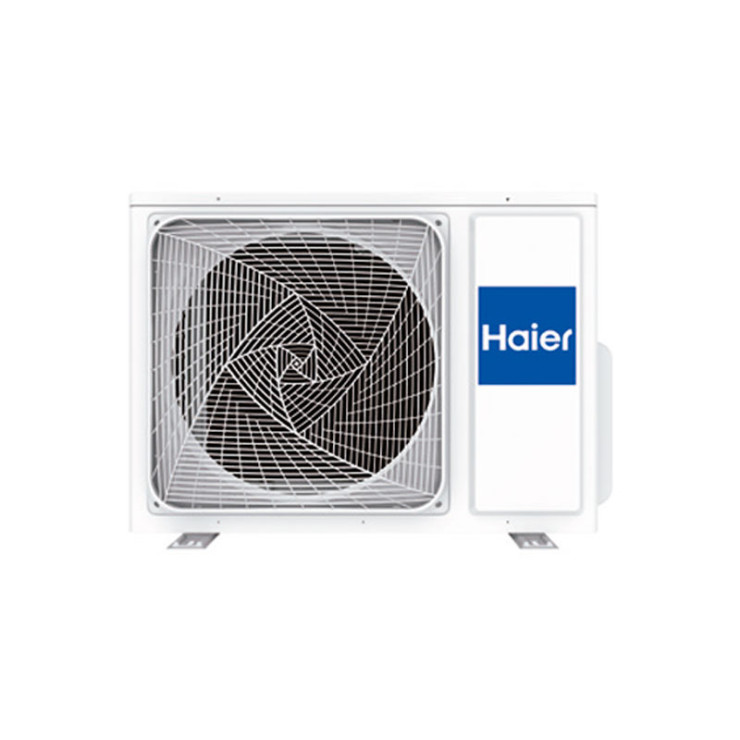
Introduction
As summer temperatures soar, the reliance on air conditioners becomes increasingly significant for comfort at home and work. With the changing climate and rising temperatures, understanding the various types of air conditioners and their benefits has never been more important. This article delves into the functionality of air conditioning systems, recent advancements in technology, and their implications for energy consumption.
Types of Air Conditioners
Air conditioners can be broadly classified into several categories based on their systems and capacities:
- Window Units: Compact and easy to install, window air conditioners are suitable for cooling single rooms, primarily in residential settings.
- Split Systems: These consist of two main components: an indoor unit and an outdoor compressor. Split systems offer quieter operation and are ideal for cooling multiple rooms.
- Central Air Conditioning: For larger homes or commercial buildings, central air conditioning systems distribute cool air through ductwork, maintaining consistent temperatures throughout.
- Portable Air Conditioners: Portable units offer flexibility, allowing users to move them from room to room as needed without permanent installation.
Benefits of Air Conditioning
Air conditioning systems provide numerous advantages, particularly concerning indoor air quality and comfort:
- Climate Control: Air conditioners regulate indoor temperatures, which can enhance productivity in workspaces and improve overall comfort in homes, especially during sweltering summer months.
- Air Quality: Modern units are equipped with filters that purify the air, helping to reduce allergens, dust, and pollutants, offering a healthier living environment.
- Energy Efficiency: Today’s air conditioning units are designed to consume less energy compared to older models, which can lead to reduced utility bills and a smaller carbon footprint.
Recent Trends and Innovations
The air conditioning industry is constantly evolving, with new innovations aimed at improving efficiency and reducing environmental impact. Recent developments include:
- Smart Technology: Many contemporary units can be connected to smart home systems, allowing for remote operation, energy monitoring, and enhancements in user convenience.
- Eco-Friendly Refrigerants: The phase-out of harmful refrigerants has led to the adoption of more environmentally-friendly alternatives that minimize ozone depletion and global warming potential.
Conclusion
As air conditioners continue to evolve, it is critical for consumers to stay informed about their options and the benefits of modern technology—choosing energy-efficient units not only means lower energy bills but also a substantial contribution to environmental sustainability. The right air conditioning system can significantly enhance comfort and health, making it an essential consideration as global temperatures continue to rise.



